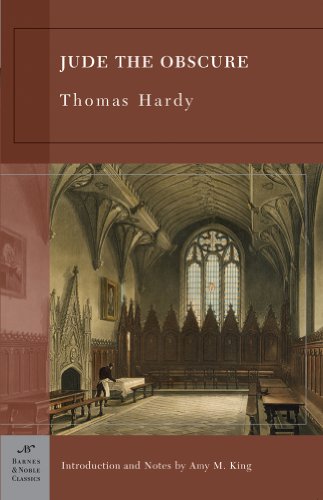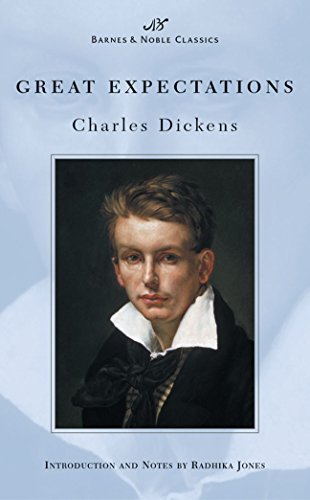My World Stood Still: Great Fiction
Discover captivating fiction that stops time with 'My World Stood Still.' Explore a curated list of world-class books where stories stand still, leaving readers spellbound.

Book
Don Quixote
by Miguel de Cervantes
Edith Grossman's definitive English translation of the Spanish masterpiece. Widely regarded as the world's first modern novel, and one of the funniest and most tragic books ever written, Don Quixote chronicles the famous picaresque adventures of the noble knight-errant Don Quixote of La Mancha and his faithful squire, Sancho Panza, as they travel through sixteenth-century Spain. Unless you read Spanish, you've never read Don Quixote. "Though there have been many valuable English translations of Don Quixote, I would commend Edith Grossman's version for the extraordinarily high quality of her prose. The Knight and Sancho are so eloquently rendered by Grossman that the vitality of their characterization is more clearly conveyed than ever before. There is also an astonishing contextualization of Don Quixote and Sancho in Grossman's translation that I believe has not been achieved before. The spiritual atmosphere of a Spain already in steep decline can be felt throughout, thanks to her heightened quality of diction. Grossman might be called the Glenn Gould of translators, because she, too, articulates every note. Reading her amazing mode of finding equivalents in English for Cervantes's darkening vision is an entrance into a further understanding of why this great book contains within itself all the novels that have followed in its sublime wake." From the Introduction by Harold Bloom Miguel de Cervantes was born on September 29, 1547, in Alcala de Henares, Spain. At twenty-three he enlisted in the Spanish militia and in 1571 fought against the Turks in the battle of Lepanto, where a gunshot wound permanently crippled his left hand. He spent four more years at sea and then another five as a slave after being captured by Barbary pirates. Ransomed by his family, he returned to Madrid but his disability hampered him; it was in debtor's prison that he began to write Don Quixote. Cervantes wrote many other works, including poems and plays, but he remains best known as the author of Don Quixote. He died on April 23, 1616.

Book
The Berlin Stories
by Christopher Isherwood
The Sally Bowles character was the subject of a play, I am a camera; and a musical, Cabaret.

Book
The Emigrants
by Winfried Georg Sebald
Four narratives weave history and fiction together as refugees from the Holocaust remember their experiences.

Book
Their Eyes Were Watching God
by Zora Neale Hurston
Fair and long-legged, independent and articulate, Janie Crawford sets out to be her own person -- no mean feat for a black woman in the '30s. Janie's quest for identity takes her through three marriages and into a journey back to her roots.

Book
Anna Karenina
by Leo Tolstoy
Considered by some to be the greatest novel ever written, Anna Karenina is Tolstoy's classic tale of love and adultery set against the backdrop of high society in Moscow and Saint Petersburg. A rich and complex masterpiece, the novel charts the disastrous course of a love affair between Anna, a beautiful married woman, and Count Vronsky, a wealthy army officer. Tolstoy seamlessly weaves together the lives of dozens of characters, and in doing so captures a breathtaking tapestry of late-nineteenth-century Russian society. As Matthew Arnold wrote in his celebrated essay on Tolstoy, "We are not to take Anna Karenina as a work of art; we are to take it as a piece of life."

Book
Austerlitz. English
by Winfried Georg Sebald
Shares the struggle of Jacques Austerlitz to uncover his identity as he follows the memory of his childhood back to the heart of war-torn Europe, to the place from which he emigrated as a young orphan in 1939.

Book
Jude the Obscure
by Thomas Hardy
Virginia Woolf called him “the greatest tragic writer among English novelists,” butThomas Hardywas so distressed by the shocked outrage that greetedJude the Obscurein 1895 that he decided to quit writing novels.nbsp; For in telling the story of Jude Fawley, whose many attempts to rise above his class are crushed by society or the forces of nature, Hardy had attacked Victorian society’s most cherished institutions—marriage, social class, religion, and higher education.nbsp; nbsp; A poor villager, Jude Fawley longs to study at the elite University of Christminster, but his ambitions are thwarted by class prejudice—and an earthy country girl who tricks him into marriage by pretending to be pregnant.nbsp;nbsp; Entrapped in a loveless marriage, he becomes a stonemason and falls in love with his cousin—the intellectual, free-spirited Sue Bridehead, who is also unhappy in marriage.nbsp; Sue leaves her husband to live with Jude and eventually bears his children out of wedlock.nbsp; Their poverty and the weight of society’s disapproval begin to take their toll on the couple, forcing them into a shattering downward spiral that ends in one of the most shocking scenes in all of literature. nbsp; A stunning masterpiece,Jude the Obscureis Hardy’s bleakest and most personal novel.

Book
Great Expectations
by Charles Dickens
Great Expectations, described by G. K. Chesterton as a “study in human weakness and the slow human surrender,” may be calledCharles Dickens’s finest moment in a remarkably illustrious literary career. In an overgrown churchyard, a grizzled convict springs upon an orphan named Pip. The convict terrifies the young boy and threatens to kill him unless Pip helps further his escape. Later, Pip finds himself in the ruined garden where he meets the bitter and crazy Miss Havisham and her foster child Estella, with whom he immediately falls in love. After a secret benefactor gives him a fortune, Pip moves to London, where he cultivates great expectations for a life which would allow him to discard his impoverished beginnings and socialize with the idle upper class. As Pip struggles to become a gentleman and is tormented endlessly by the beautiful Estella, he slowly learns the truth about himself and his illusions. Written in the last decade of his life,Great Expectationsreveals Dickens’s dark attitudes toward Victorian society, its inherent class structure, and its materialism. Yet this novel persists as one of Dickens’s most popular. Richly comic and immensely readable,Great Expectationsoverspills with vividly drawn characters, moral maelstroms, and the sorrow and pity of love.

Book
The Catcher in the Rye
by J.D. Salinger
J.D. Salinger's classic of adolescent angst is now available for the first time in trade paperback. Holden Caulfield, knowing he is to be expelled from school, decides to leave early. He spends three days in New York City and tells the story of what he did and suffered there.